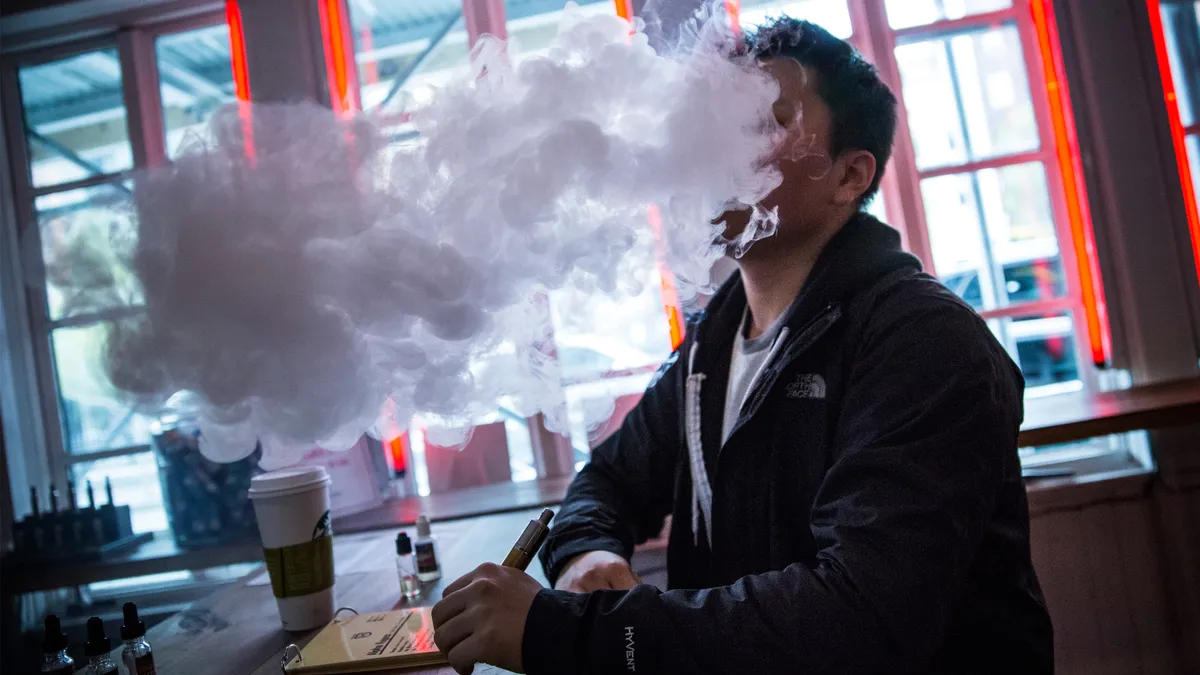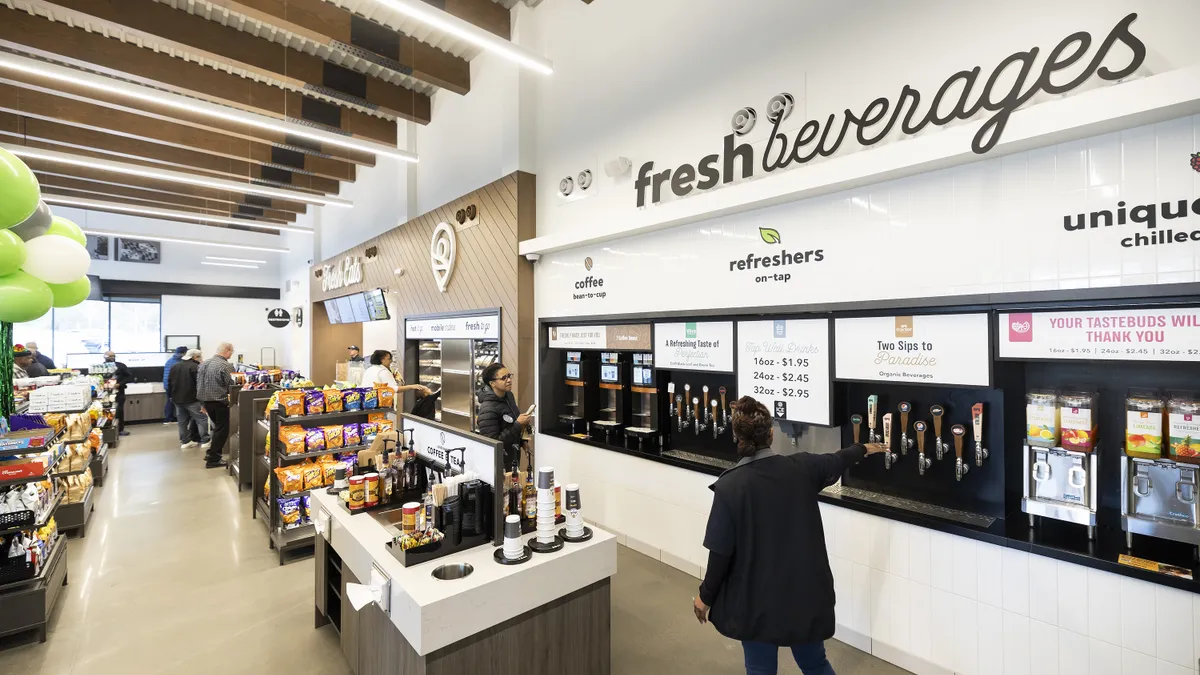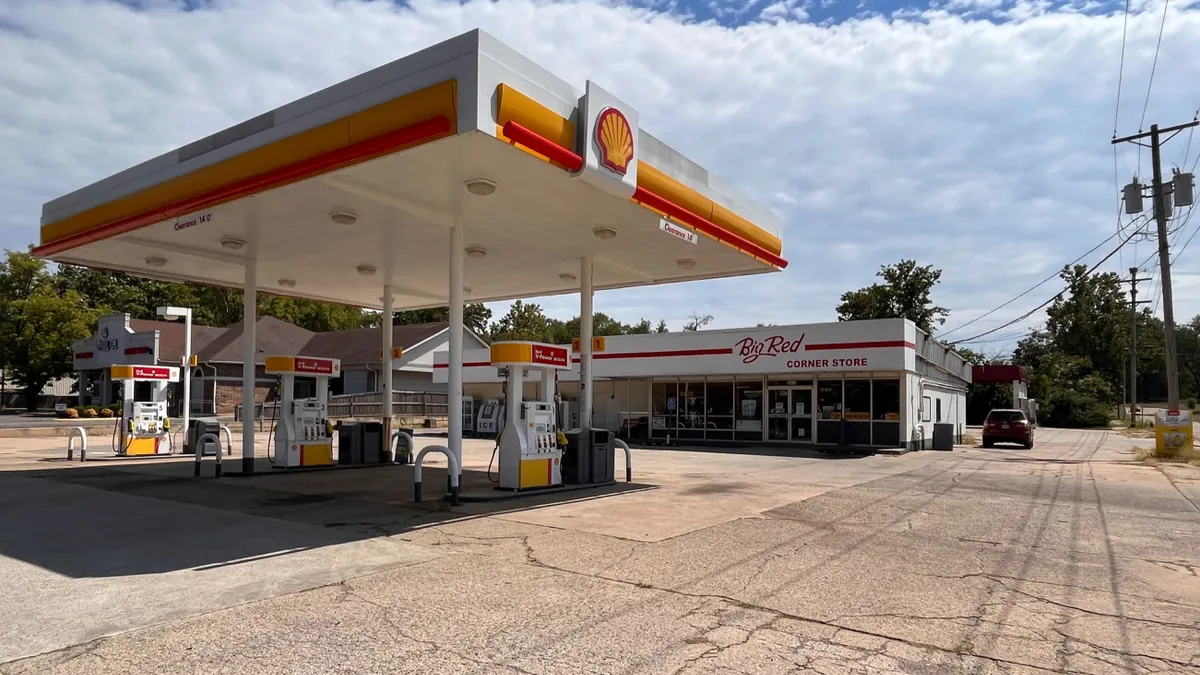Dive Brief:
- The Justice Department has filed lawsuits against six manufacturers of electronic nicotine delivery system (ENDS), or vaping products, after the companies failed to comply with the federal Food, Drug and Cosmetic Act.
- The U.S. Food and Drug Administration says it had previously informed all six companies named in the lawsuits they they needed to get FDA marketing authorization prior to manufacturing the selling their products.
- This comes as states are increasingly limiting sales of vaping products and after the FDA put limits on flavored vaping products in 2020 and ordered leading supplier Juul to pull its products from shelves this summer.
Dive Insight:
While the FDA says it has sent out close to 300 warning letters to manufacturers between last January and September of this year, this marks the first time it has asked the Department of Justice to file injunctions against companies. These injunctions “require the companies and named individuals to stop manufacturing, selling, and distributing their e-cigarettes. The injunctions would also require the defendants to obtain marketing authorization from the FDA before marketing such products,” wrote the FDA in its release.
This adds to the pressure on vaping companies and retailers. Flavored products, which may appeal more to children, are especially under scrutiny by regulators.
After the FDA ordered Juul to pull its products from shelves, noting the company had not provided enough information to prove its products were safe, Juul appealed the decision and the FDA agreed to stay its order and conduct an additional review. Last month, Juul agreed to pay $438.5 million to settle an investigation initiated by 34 states and territories into the e-cigarette maker’s marketing tactics toward underage users.
The National Association of Convenience Stores (NACS) has been regularly asking for greater clarity from the FDA on what products specifically can and cannot be sold. The FDA has a list of approved products on its website, but also said in a reply to one of NACS’ letters that “we continue to encourage retailers to contact manufacturers and/or suppliers with any questions about products in their inventory.”
Vaping has experienced a resurgence in the U.S. during COVID-19 after seeing a decline in popularity in 2019. Grand View Research expects the vaping market in the U.S. to grow at a compound annual rate of about 27.3% through 2028. And a study by the University of Washington found that over a third of adults who were smoking by age 30 switch from cigarettes to vaping products by age 39.
The increased scrutiny on vaping products accompanies concerns about vaping-related illnesses. While no cause has been found yet, some experts suspect a connection with unauthorized items which may have unapproved contents.
The companies named in the Justice Department lawsuits are Seditious Vapours LLC, based in Phoenix, Arizona; Vapor Craft LLC, based in Columbus, Georgia; Lucky’s Convenience & Tobacco, based in Wichita, Kansas; Morin Enterprises, based in Minneapolis,Minnesota; Super Vape’z LLC, based in Lakewood, Washington; and Soul Vapor LLC, based in Princeton, West Virginia; along with the companies’ owners.









